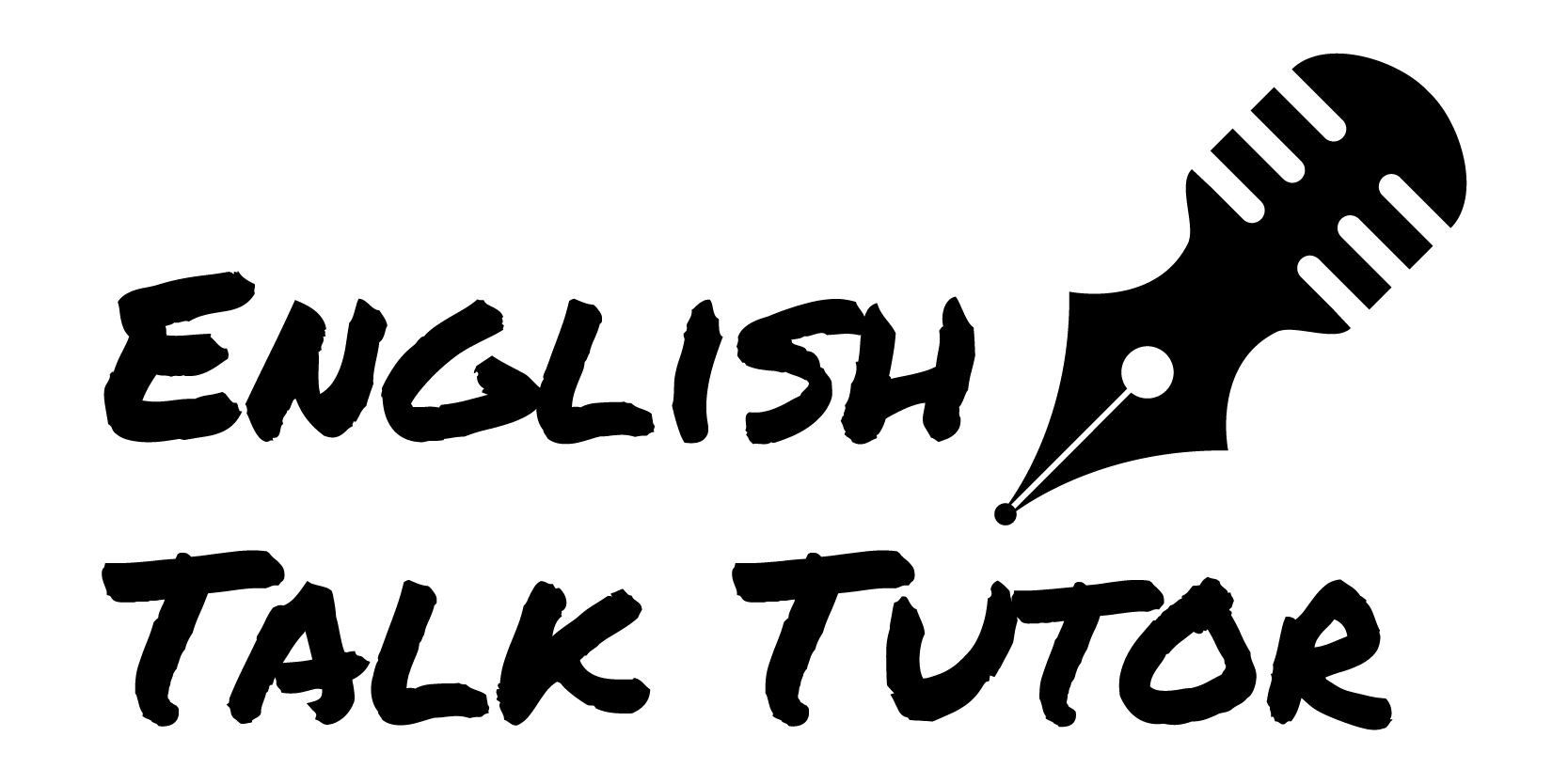
Table of Contents
So, why have I chosen to write on Vocabulary how to improve English?
Imagine you’re a brilliant pianist but only know a handful of notes; you’re technically playing the piano, but your music lacks depth and melody.
You know, this is how even your communication feels like when your vocabulary is limited. So, it’s essential to know Vocabulary, and how to improve English with it.
English, like music, is rich and diverse, and your vocabulary serves as your keyboard, unlocking this grand symphony of communication.
Irrespective of whether you are a working professional, a job seeker, a responsible wife, or an aspiring mother who knows the importance of English, your vocabulary is your toolkit in the construction site of communication.
Without a range of tools, it’s challenging to construct complex, persuasive narratives.
A broad vocabulary is not just about impressing others with fancy words. It’s about expressing your thoughts accurately, demonstrating your knowledge, and understanding others’ ideas efficiently.
Imagine the possibilities when your vocabulary extends beyond the basic.
You could articulate ideas precisely, charm your clients with persuasive language, write compelling emails and reports, and understand complex materials.
With an enhanced vocabulary, you’re no longer just a pianist with a few notes but a maestro commanding the entire keyboard.
Don’t you want to be that person who speaks with confidence and flair?
You could be a working professional who commands attention in meetings and wants to nail every presentation or a job seeker looking for an opportunity to showcase his worth by communicating effectively.
An educated wife wanting to keep up with their English-speaking neighborhood or society? Or an aspiring mother communicating with teachers of an international school to know their children’s performance?
If that’s you, then all it takes is a commitment to expand your vocabulary.
This blog will guide you through that journey.
I’ll delve into strategies to enrich your vocabulary, discuss types of English vocabulary, and help you create a routine for consistent learning.
So, are you ready to take the plunge and transform your English language skills? Then, let’s dive in and discover the power of words!
I know what’s your first question going to be.

How to improve your vocabulary in English?
Just like constructing a building needs a solid blueprint, effective learning requires a well-structured framework. This rule not only applies as much to mastering a musical instrument or a sport as it does to enhance your vocabulary.
Before we dive into specific strategies to boost your vocabulary, it’s critical to understand what it takes to learn any skill effectively.
Firstly, a clear objective is paramount. Without a goal, learning can quickly become directionless and overwhelming. Before aiming to improve your English vocabulary, start by setting a target.
Perhaps you want to learn ten new words each week or aim to read a book every month. Having a clear goal will help guide your efforts and keep you motivated.
Secondly, understanding that progress is incremental is crucial. Rome was not built in a day, and neither is vocabulary.
Embrace the journey and celebrate small wins, like using a new word correctly or understanding a complex article. These tiny victories will eventually compound into substantial improvement.
Finally, consistent practice is the key to mastering any skill.
You should better learn a few words daily than get overwhelmed with a hundred words once a week.
Engage with English in varied ways – read books, watch movies, write essays, or engage in conversations. The more contexts you use the language, the better your understanding will become.
With this framework in mind, let’s explore the wonderful world of words.
Buckle up, and let’s embark on this journey of linguistic discovery together!

What are the two major types of vocabulary?
When learning English language speaking, you will encounter two kinds of vocabulary: active and passive.
Think of active vocabulary as your loyal soldiers, the words you regularly use and are comfortable with.
These are the words you summon during a conversation or while writing an email. They are the go-to expressions that help you navigate the world of English communication effortlessly.
On the other side of the coin is passive vocabulary. These words are like secret agents lurking in the shadows of your mind.
You recognize them when you read them or hear them. You understand what they mean but may hesitate to use them in daily conversations or writing due to a lack of practice or confidence.
However, it’s essential to realize that for our purpose, we don’t need to focus on the passive vocabulary for the time being. Doing so will be like trying to sprint before you can walk.
So, our initial focus will be on the active vocabulary, which is result driven, impactful, and can implement immediately.
Targeting your active vocabulary will help you achieve more in less time, allowing you to communicate effectively and confidently.

What is basic core vocabulary?
You may have heard of the 80-20 principle or the Pareto Principle, which suggests that in many situations, 20% of the input is responsible for 80% of the results.
For instance, in business, it’s often said that 20% of the customers contribute to 80% of the sales. Well, guess what? We’re going to apply this principle to vocabulary learning as well!
Consider core vocabulary as that vital 20% that will give you 80% benefits. These words form the backbone of the English language, used most frequently in conversations and writings.
Need more clarification? Let’s delve deeper into this concept.
Picture your daily routine: waking up, getting ready for work, commuting, interacting with colleagues, attending meetings, writing emails, and more. Think about all the situations you go across daily.
What would be the most critical words and phrases you need to navigate these situations smoothly?
Now, identify the situations that repeat more often, such as professional discussions or social conversations. The words and phrases you need for these recurrent situations are your core vocabulary – you should focus on these words.
Concentrating on this core vocabulary, you’ll communicate effectively in most everyday scenarios. This targeted approach allows you to make significant progress in less time.
By the way if you want to get more insights on 80-20 principles, I highly recommend reading this amazing book “The 80/20 Principle: The Secret to Achieving More with Less“
What are the 3 Cs of vocabulary?
Knowing what to learn is only one part of the story. Understanding how to learn effectively completes the narrative.
In this context, the three Cs, primarily used in writing, can also be applied to vocabulary enhancement: Certainty, Curiosity, and Consistency.
Certainty:
In the vocabulary learning context, certainty means understanding a word’s meaning and usage clearly.
Imagine yourself as an artist, and each word is a different shade of color. You know what each shade represents to use it correctly in your painting.
In vocabulary learning, you gain this certainty by reading widely, using dictionaries, and checking word usage in different contexts. The goal is to be sure about the meaning and usage of each word you learn, just like an artist is sure about every color on their palette.
Curiosity:
Curiosity, the desire to know or learn something, is the fuel that propels your vocabulary journey. As a curious explorer discovers new lands, a curious learner can uncover new words.
Feed your curiosity by reading different genres, exploring new topics, and engaging in diverse conversations. Do not hesitate to look up words you do not know or understand. Encourage your curiosity, and it will lead you to a treasure trove of new words daily.
Consistency:
Consistency is the rhythm in the music of language learning. Think of it like watering a plant. If you water a plant sporadically, it will struggle to grow, but regular watering helps it thrive.
Similarly, consistent exposure to and use of new words help them take root in your memory. Set a routine – learn new words daily, revise them regularly, and use them in your speech and writing.
Incorporating these three Cs into your vocabulary-learning strategy will surely set your path to success. Remember, be certain with your words, be curious about new ones, and consistently practice using them.

How can I learn words every day?
There are innumerable ways to learn new words every day. However, the key is not just learning, but learning effectively, thanks to our friend, the 80-20 principle!
You could pick up a book and read a page or two each day, underlining words you don’t understand. You could watch an English movie or a TV show, paying close attention to unfamiliar words and noting them down.
You could also listen to podcasts, engage in English conversations, or write in English to identify areas of vocabulary you need to strengthen.
However, as discussed earlier, we’re not here to learn anything and everything. Instead, we want to experience maximum results in the least time.
That is where your core vocabulary, which we discussed before, comes into play.
Start by focusing on words and phrases that are crucial and used in your daily interactions and tasks. If you find a word that falls into your core vocabulary while reading a book or watching a movie, prioritize it.
Understand its meaning, practice its usage using the essential word routine ( I will let you know about the concept, just be patient ), and incorporate it into your conversations or writings.
By focusing on your core vocabulary, you are following the 80-20 principle, maximizing your results while minimizing wasted efforts on less relevant words.
Remember, the journey to a robust vocabulary is not about learning most words, it’s learning the most relevant, purposeful, and useful words.
As promised, now I will take you through Essential Word Routine.

What is the essential word routine?
Now that you know what words to focus on, let’s explore the optimal strategy to imbibe them into our language use – welcome to the ‘Essential Word Routine’.
This strategy involves establishing a daily routine for vocabulary learning that becomes a seamless part of your day. Here’s a step-by-step guide on how to implement it:
1. Word Selection: Start your day by selecting a few new words from your core vocabulary list. The number may vary based on your comfort and time availability – it could be five or ten words. The choice is yours.
2. Understand: For each chosen word, look up its meaning, pronunciation, and usage in a dictionary or online resource. Read examples of its usage to get a clearer understanding.
3. Use in Context: Try using the word in sentences. The goal here is to relate the word to contexts familiar to you. Write a sentence using the word. Try using it in your daily conversations.
4. Revision: At the end of the day, revisit the words you’ve learned. Try recalling their meanings and using them in fresh sentences. This step helps consolidate your memory of these words.
5. Consistent Review: Pause your learning cycle with new words for some days and instead, review these words over the next few days until they become a part of your active vocabulary. It could involve using them in your writing or making a conscious effort to use them in conversations.
The Essential Word Routine is not a one-size-fits-all approach, so feel free to customize it according to your learning style and schedule.
The key is to ensure it’s something you can stick to consistently. Over time, you’ll notice these words naturally making their way into your everyday language.
How to improve your Vocabulary How to Improve English?
As we reached the end of the article, I hope you got a clear idea of how you can improve your English vocabulary.
To summarise, let’s recap the key steps we’ve covered to embark on a successful journey of enhancing your English vocabulary and speaking skills:
Step 1: Understand the importance of vocabulary as a crucial part of effective communication. Remember, a good vocabulary is your toolkit to express your thoughts accurately and comprehend others’ ideas efficiently.
Step 2: Before jumping in, set a clear learning goal, accept the fact that the progress is gradual, and commit to consistent practice. These principles form the blueprint for any learning journey effectively.
Step 3: Identify the two types of vocabulary – active and passive. As a beginner, you’ll focus on the active vocabulary only, the words that you use and understand comfortably.
Step 4: Among the active vocabulary, narrow down your ‘core vocabulary’. These are the words most frequently used in your daily interactions and situations – your 20% gives you 80% of the benefits.
Step 5: Adopt the 3C’s of vocabulary learning – Certainty (a clear understanding of word meaning and usage), Curiosity (desire to learn new words), and Consistency (the regular practice of new words).
Step 6: Establish your daily ‘Essential Word Routine’ to consistently learn and review new words. This routine involves selecting new words, understanding their meanings, using them in context, revising at the end of the day, and reviewing over time.
Before we wrap up this blog “Empower Your Words: Vocabulary How to Improve English”, I’d like to extend an invitation for you to subscribe to my weekly newsletter.
It’s packed with valuable tips, engaging exercises, and insightful content designed specifically to bolster your English communication skills.
By subscribing, you’ll be notified each time new, resourceful content is available, so you never miss out on an opportunity to learn and grow.
I understand your inbox is a sacred place, and I promise there won’t be any spam, just insightful, practical, and valuable information at your fingertips.
So, why wait? Subscribe to the newsletter today and take one more step towards becoming a confident and articulate English speaker.
Fill up your email id, click the subscribe button in the form below, and continue this journey of self-improvement together.
I’m excited to welcome you to our growing community of lifelong learners!
PS: Are you working in a corporate organization? You will be glad to know that I have a separate section for corporate communication itself. If you wish to find out more about corporate communication, I would recommend reading this blog post to begin: “https://englishtalktutor.com/what-is-corporate-communication/“
